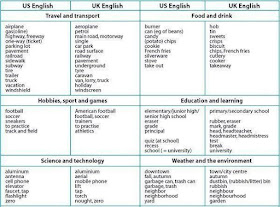"You say: Galicia is really small.
I say to you: Galicia is a world in itself"
(Vicente Risco)
This week, from Monday 29th April till Friday 3rd May, we'll be celebrating our IV Cultural Week at IES "Rafael Dieste". This activity organized by the school's library together with the different departments and the students of our school is devoted this year to Galician artistic and natural heritage.
This year once again, there will be exhibitions of
- Galician typical costumes,
- typical Galician pottery,
- student's works on our different monuments,
- photos of the different school-trips to visit them.
Performances of:
- traditional music,
- choirs,
- traditional dance,
- theatre plays
and the projection of the film "The Way" devoted to St. James' pilgrimage route.
- Galician typical costumes,
- typical Galician pottery,
- student's works on our different monuments,
- photos of the different school-trips to visit them.
Performances of:
- traditional music,
- choirs,
- traditional dance,
- theatre plays
and the projection of the film "The Way" devoted to St. James' pilgrimage route.
As you already know, the English Department has contributed with an exhibition based on posters from the local newspaper with short descriptions in English and Galician, which has been on display at our school since the German student exchange arrived a month ago. Now it's shown again as part of the Cultural Week. The different places shown in the exhibition have already been posted in this blog, together with a quiz.
Enjoy the week and take care of our heritage!





.jpg)











.jpg)












